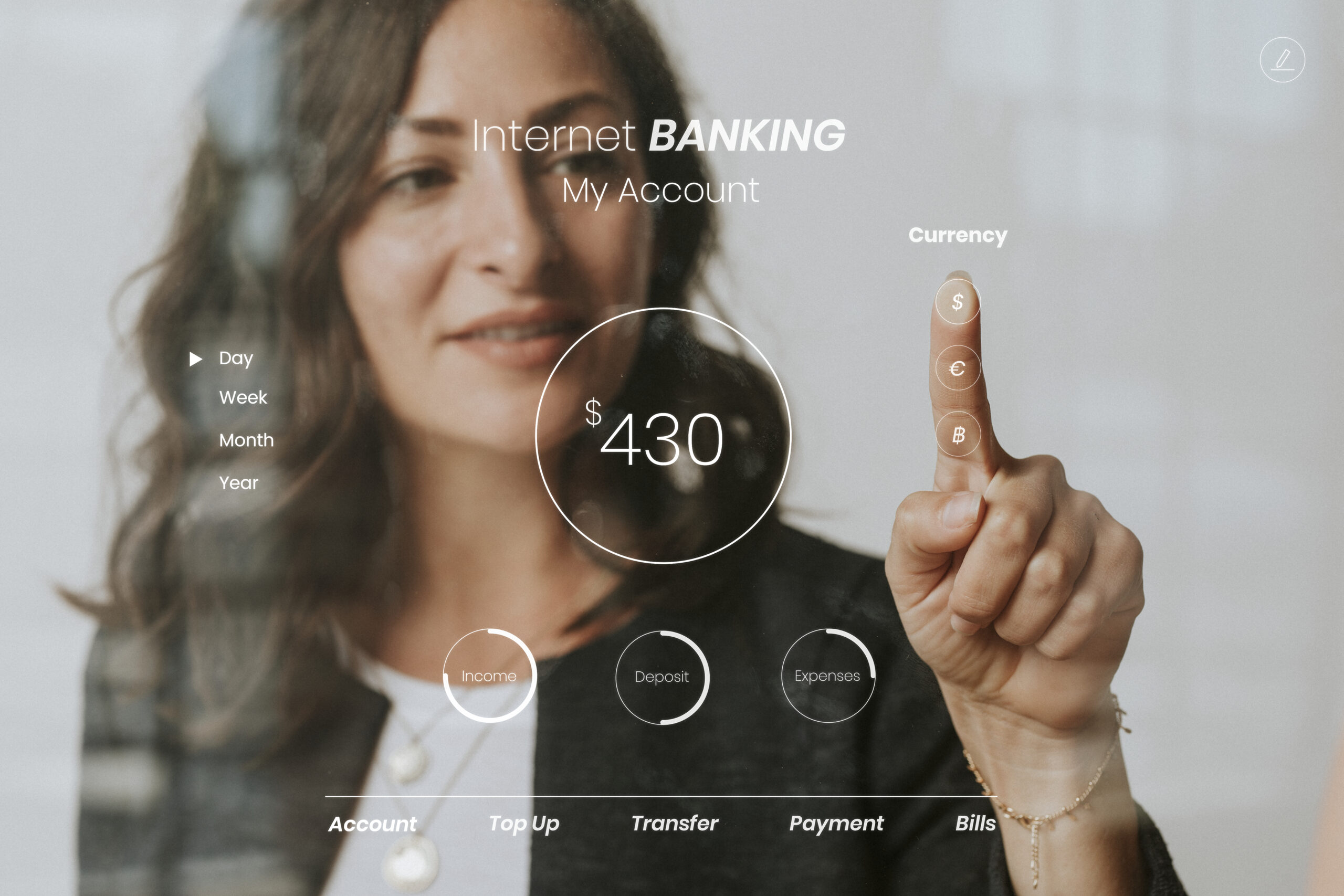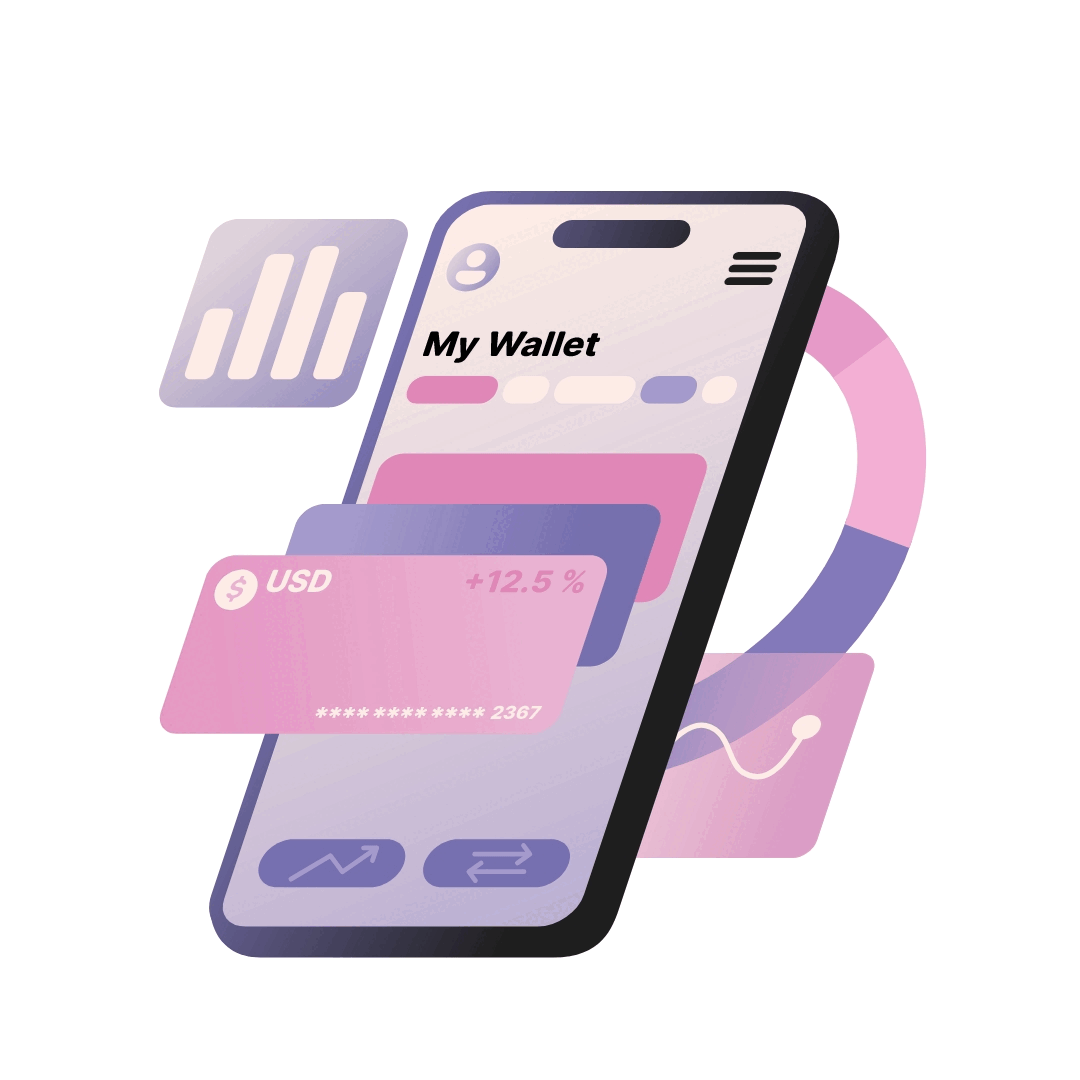In the realm of international transactions, knowing the right payment methods and codes is crucial for businesses and individuals alike. Two of the most commonly used identifiers are the International Bank Account Number (IBAN) and the Society for Worldwide Interbank Financial Telecommunications (SWIFT) code. Each serves its distinct purpose in facilitating global transactions, but understanding the key differences between them is essential for seamless international banking. In this article, we will delve into the definitions, functions, and significant differences between IBAN vs. SWIFT code.
What is an IBAN?
An International Bank Account Number (IBAN) is a unique identifier for a bank account that is used in Europe and other parts of the world. The IBAN standard was developed to facilitate the easy and accurate processing of cross-border transactions. An IBAN consists of up to 34 alphanumeric characters, featuring a country code, two check digits, and a basic bank account number.
For instance, a typical IBAN might look something like this:
GB29 NWBK 6016 1331 9268 19
- GB: Country code for the United Kingdom
- 29: Two check digits
- NWBK 6016 1331 9268 19: Basic Bank Account Number
The IBAN ensures that each bank account in a participating country is uniquely identifiable, reducing errors and delays in the sending process.
What is a SWIFT Code?
The Society for Worldwide Interbank Financial Telecommunications (SWIFT) code, also known as a Business Identifier Code (BIC), is a unique identifier used to verify financial institutions globally. A SWIFT code consists of 8 or 11 characters and includes a bank code, a country code, a location code, and an optional branch code.
For instance, a typical SWIFT code might look like this:
NWBKGB2L
- NWBK: Bank code for National Westminster Bank
- GB: Country code for the United Kingdom
- 2L: Location code
An 11-character SWIFT code would additionally include a specific branch code, making it:
NWBKGB2LXXX
SWIFT codes facilitate efficient and secure financial messaging between banks, ensuring that transactions are routed appropriately and swiftly.
Key Differences Between IBAN and SWIFT Code
While IBAN and SWIFT codes are both used to facilitate international transactions, they serve different purposes and have key differences:
- Purpose:
- IBAN: Used primarily to identify an individual bank account in a specific country, ensuring the correct recipient within a bank.
- SWIFT Code: Used to identify a specific bank during an international transaction, ensuring accurate routing between banks.
- Structure:
- IBAN: Can be up to 34 characters long, combining a country code, check digits, and a basic bank account number.
- SWIFT Code: Consists of 8 or 11 characters, including the bank code, country code, location code, and optionally, a branch code.
- Geographical Use:
- IBAN: Predominantly used in Europe and parts of the Middle East, the Caribbean, and Central Asia.
- SWIFT Code: Used globally across more than 200 countries.
- Functionality:
- IBAN: Facilitates error-free transactions to specific bank accounts.
- SWIFT Code: Facilitates the secure and accurate transfer of money between banks, across borders.
Using IBAN and SWIFT Code with WireWallet
At WireWallet, we provide comprehensive online payment solutions that cater to varying needs within international transactions. Understanding the intricacies of both IBAN and SWIFT codes is crucial for our clients to benefit from our services, which include:
- SWIFT Payments: Expanding your payment capabilities by sending and receiving money to and from almost any country in the world.
Our platform is dedicated to enhancing the speed, security, and accuracy of your transactions, whether through IBAN or SWIFT codes. By familiarizing yourself with how these identifiers work, you can take full advantage of our tailored services designed to optimize your financial operations.
Join WireWallet today and experience the efficiency and security that correct use of IBAN and SWIFT codes can bring to your international transactions. Visit WireWallet to learn more and open your account.
By understanding the fundamental differences and functionalities of IBAN and SWIFT codes, you can navigate the complexities of international banking with greater ease and confidence.




